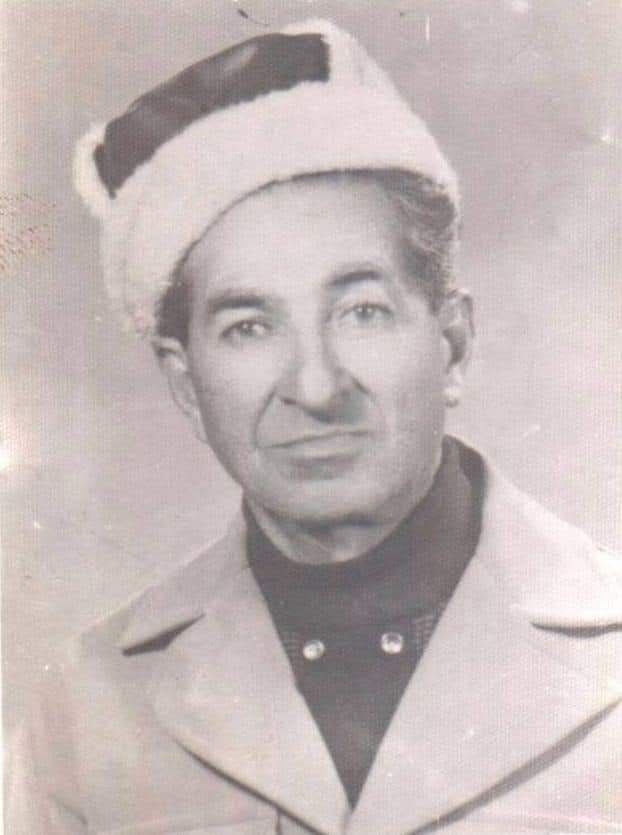Mishko Hawleri, born Shawkat Saeed in 1908 in the Seray district of Erbil Citadel, remains one of the most revered figures in Kurdish folk music. Specializing in qoryat (traditional Kurdish songs) and maqams, his musical career spanned more than six decades, leaving an indelible mark on Kurdish cultural heritage.
Economic hardship forced Mishko’s family to move frequently between Erbil and their ancestral village of Dere. Following the death of his father in 1923, his uncle, Haji Sabir Al-Alaf, stepped in to support the family. Mishko’s formal musical journey began in 1931 when he performed the “Bayat” maqam at a celebration honoring Ali Pasha Doghramachi.
Mishko’s musical education was shaped by two prominent mentors: Shahaba, a master of maqams in Erbil who taught him Iraqi songs and musical modes, and Kawisa Agha, from whom he learned lawik—a traditional form of Kurdish folk singing.
Personal tragedy deeply influenced Mishko’s music. In 1939, he married and later relocated to Baghdad in 1943. During his time there, his wife contracted a fatal illness. Rushing back to Erbil, Mishko mourned her loss by performing a heartfelt maqam based on Akhtar’s poem at her graveside. This performance evolved into his signature piece, “After My Death.” In 1948, he remarried and had three more children.
Throughout his prolific career, Mishko collaborated with many celebrated Kurdish artists, including Muhammad Arif Jaziri, Hassan Jazrawi, Tayar Tawfiq, and Rasul Gardi. His performances ranged from intimate gatherings to major benefit concerts, such as one organized to aid victims of Sulaymaniyah’s devastating flood in 1957.
The period following the 1958 July 14 Revolution and the 1970 Kurdish autonomy agreement marked a particularly fruitful era for Mishko, as he expanded his collaborations and produced numerous recordings.
In honor of his enduring legacy, Mishko’s sons later established “Mishko Studio” in Erbil. After more than 60 years of enriching Kurdish music, Mishko Hawleri fell ill in early 1989. He passed away on May 18, 1989, at the age of 81, leaving behind a profound and lasting influence on Kurdish folk traditions.

